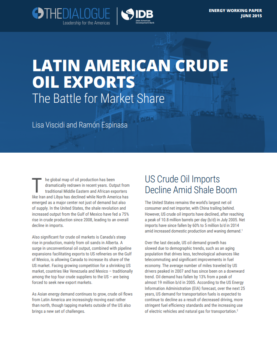
Latin American Crude Oil Exports
Facing growing competition for a shrinking US market, Latin American crude oil producers are being forced to seek new export markets.
Facing growing competition for a shrinking US market, Latin American crude oil producers are being forced to seek new export markets.
President-elect Donald Trump has vowed to overhaul US energy and foreign policy in ways that could have important impacts on energy relations with Latin America and the Caribbean.
The surge in unconventional oil and gas production in North America has dramatically shifted energy markets in the Americas.
To remain competitive, Brazil will have to revise its regulations and reverse many of the reforms instituted just a few years ago.
Crude oil exports from Latin America to the US have plummeted as oil production in the region has slumped while demand is on the rise.
With crude oil prices down 25 percent since June and holding at roughly $86 a barrel on Tuesday, Venezuela is getting nervous.
Mexico’s energy reform has led to a remarkable boost in investment, and the expected increase in the country’s crude oil production will strengthen energy security not only for Mexico but also at the regional level.
Lisa Viscidi, Director of the Energy, Climate Change and Extractive Industries Program, testified before the US House of Representatives Committee on Foreign Affairs on the subject of “Energy Opportunities in Latin America.”
2019 has been a tumultuous year for South America. In recent months, mass protests have swept across several countries, including major oil and gas producers Bolivia, Ecuador, Peru, and Colombia. Continued political and social turbulence will likely contribute to stagnant oil and gas production growth in these countries. Conversely, Brazil and Guyana are on track to become the region’s largest sources of supply growth.
The National Council Area Chapter of the U.S. Association for Energy Economics (NCAC-USAEE) held a public online event on July 1, 2020 to discuss current challenges facing Venezuela’s energy sector, including US sanctions, declining crude output, gasoline shortages, and relations with Iran and Russia. Lisa Viscidi, Director of the Energy, Climate Change & Extractive Industries Program at the Dialogue, moderated the event and Risa Grais-Targow, Director of Latin America at Eurasia Group, appeared as the featured speaker.
Lisa Viscidi, director of the Energy, Climate Change and Extractive Industries Program, sits down with S&P Global Platts to discuss Guyana’s newly inaugurated president and the implications for its oil future.
2020 has been a tumultuous year for Latin America’s energy sector. The global pandemic has led to a sharp decline in oil demand and prices even as clean energy investments accelerate. With presidential elections around the corner in the United States, the future of US energy diplomacy in the region is unclear. Industry executives, government officials, and corporate representatives convened to discuss the challenges and opportunities in today’s energy markets during the virtual Fourth Annual Energy Conference.
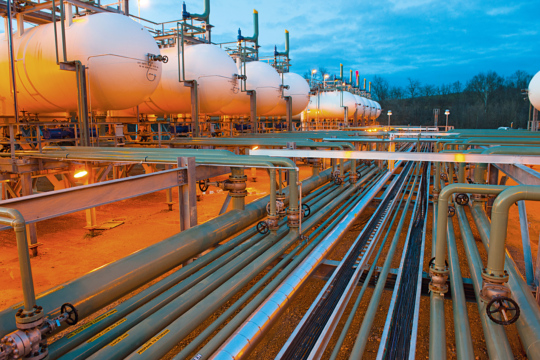
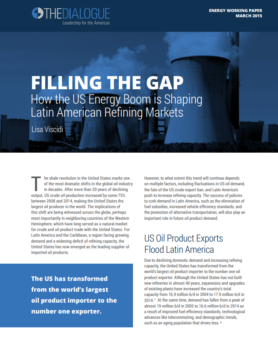
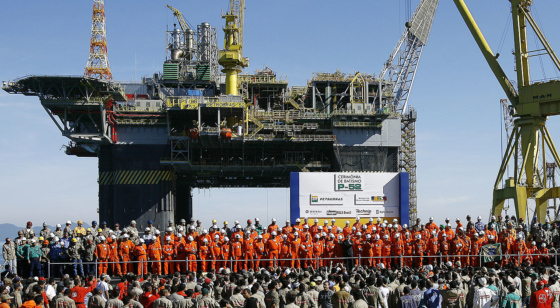
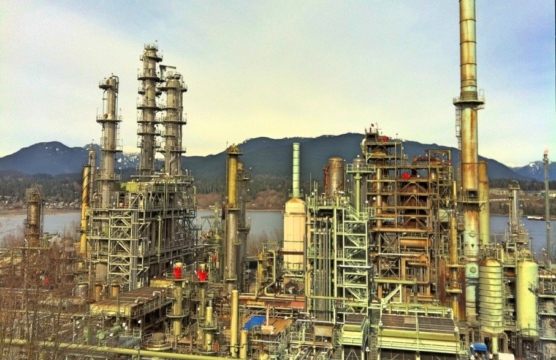
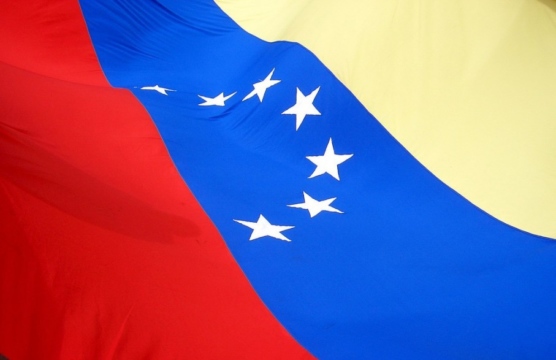
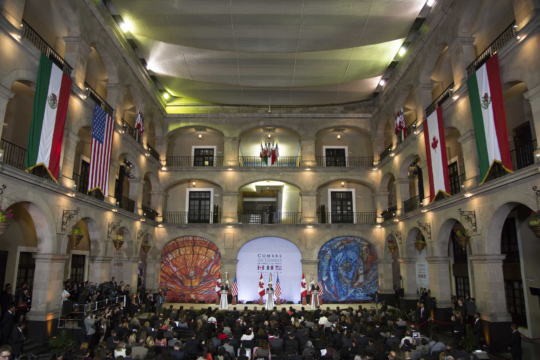
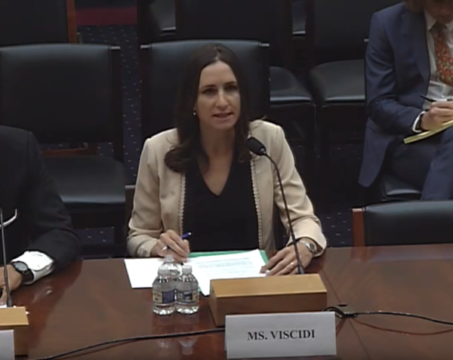 Video
Video
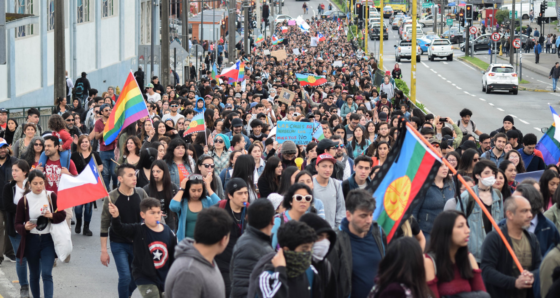
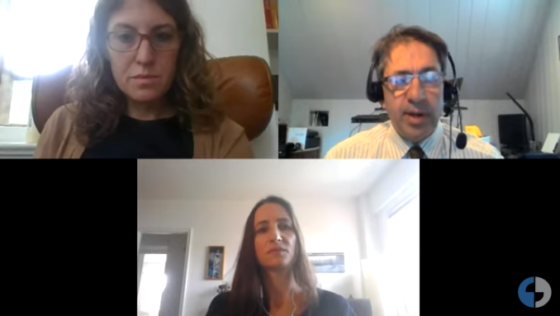 Video
Video
 Video
Video
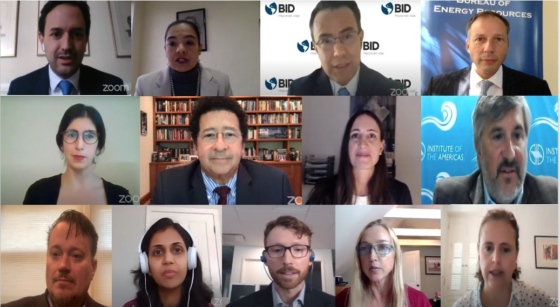 Video
Video